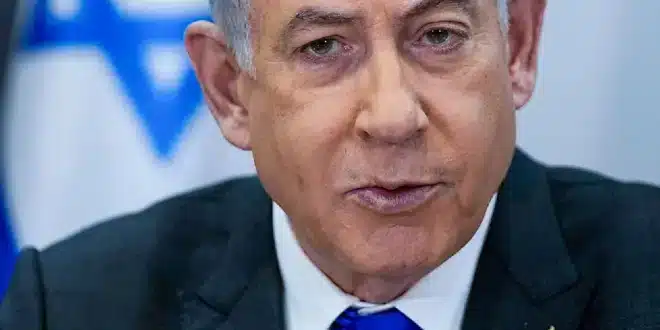Israeli Prime Minister Benjamin Netanyahu is set to address a joint session of Congress on July 24, amid a critical phase in the ongoing Israel-Hamas conflict. This address comes after Netanyahu accepted an invitation from Congressional leaders, including House Speaker Mike Johnson, Senate Majority Leader Chuck Schumer, Senate Republican Leader Mitch McConnell, and House Democratic Leader Hakeem Jeffries. The invitation highlights the strong wartime support for Israel from the U.S., despite growing political divisions over Israel’s military actions in Gaza.
The leaders’ letter emphasizes the existential challenges posed by the partnerships between Iran, Russia, and China, and underscores the importance of the U.S.-Israel alliance. It invites Netanyahu to share the Israeli government’s vision for defending democracy, combating terrorism, and achieving lasting peace in the region.
Netanyahu’s appearance is expected to be controversial, reflecting the deepening divides among U.S. lawmakers and potential protests. Senate Majority Leader Schumer, despite his disagreements with Netanyahu, supports the address to reaffirm the U.S.-Israel relationship. However, some Democrats, including Senator Bernie Sanders, have expressed strong opposition to Netanyahu’s policies and may boycott the speech.
Netanyahu’s visit also comes at a time of strained relations with President Joe Biden, who has criticized Netanyahu’s handling of the Gaza conflict and urged for more humanitarian aid to Gaza. Biden recently proposed a ceasefire agreement, pressuring Netanyahu to consider a deal that includes a phased ceasefire, withdrawal of Israeli forces, and significant reconstruction efforts in Gaza.
Netanyahu has called a permanent ceasefire a “nonstarter” until specific conditions are met, complicating the potential acceptance of Biden’s proposal. The outcome of Netanyahu’s speech and the subsequent actions will be closely watched by both supporters and critics of Israel’s current policies.
House Speaker Johnson expressed his honor in inviting Netanyahu, and Netanyahu responded by highlighting the opportunity to present Israel’s perspective on the conflict to the U.S. Congress and the global audience.


